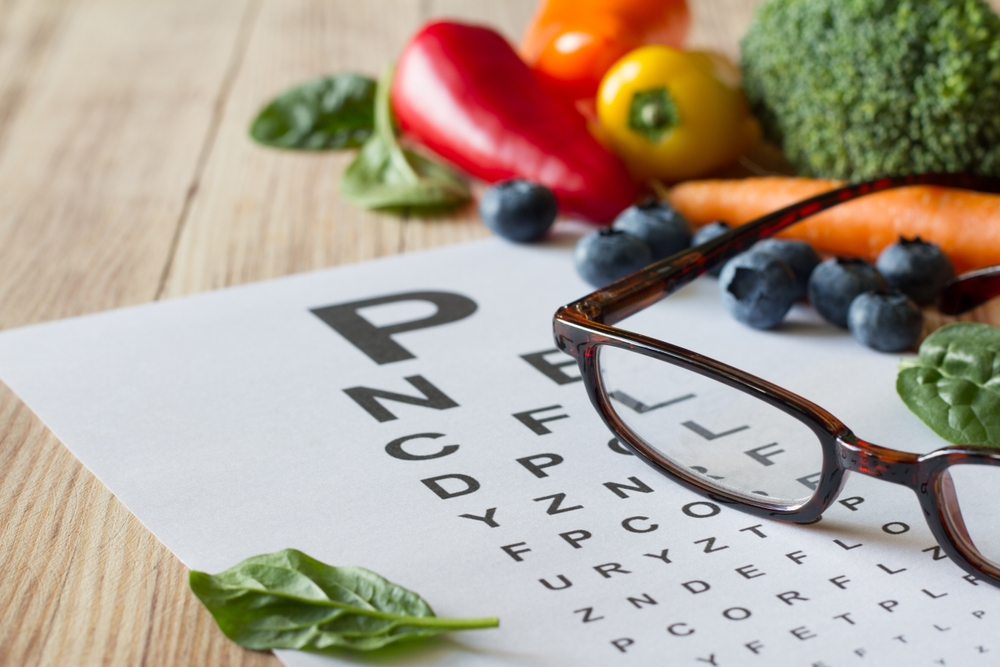Foods That Support Ocular Health: Eat Your Way to Better Vision

When it comes to taking care of your eyes, nutrition plays an important role. Just like your heart, skin, or bones, your eyes benefit from certain vitamins and minerals that help protect your vision and reduce the risk of eye disease. By making smart choices at the table, you can support your ocular health daily. However, even the healthiest diet cannot replace the need for routine comprehensive eye exams.
The Link Between Nutrition and Eye Health
Good nutrition plays a powerful role in maintaining lifelong eye health. The eyes rely on essential vitamins, minerals, and antioxidants to function properly and protect against damage from aging and environmental stress. By incorporating a diet rich in leafy greens, colorful fruits, fish, nuts, and whole grains, you can provide your eyes with the fuel they need to stay strong and resilient over time.
Nutrients That Boost Eye Health
• Vitamin A: Known as one of the most important nutrients for your eyes, vitamin A helps maintain clear corneas and supports night vision. Foods rich in vitamin A include carrots, sweet potatoes, and leafy greens.
• Omega-3 Fatty Acids: Omega-3s help reduce inflammation and may lower your risk of dry eye syndrome and macular degeneration. Salmon, tuna, flaxseeds, and walnuts are great sources.
• Vitamin C: This antioxidant helps protect your eyes from free radicals and supports the health of your blood vessels, including those in your retina. Citrus fruits, bell peppers, and broccoli are excellent sources of vitamin C.
• Lutein and Zeaxanthin: These carotenoids act as natural filters for harmful blue light and can reduce the risk of chronic eye conditions like cataracts. You’ll find them in kale, spinach, and eggs.
• Zinc: Zinc supports the health of the retina and may slow vision loss from age-related macular degeneration. Good sources include beans, nuts, poultry, and fortified cereals.
The Role Comprehensive Eye Exams
While nutrition is essential for long-term eye health, it cannot replace the professional care you receive from an eye doctor. Many eye conditions, such as glaucoma, diabetic retinopathy, and macular degeneration, often develop without obvious symptoms in their early stages. A comprehensive eye exam allows your optometrist to detect these issues early.
Routine exams also ensure that your prescription stays up to date, helping you maintain clear, comfortable vision for everyday activities like driving, reading, and working on digital devices.
Take the Next Step for Your Vision At Texas State Optical
Eating a diet rich in vitamins, minerals, and antioxidants can go a long way in protecting your vision and supporting overall eye health. However, pairing good nutrition with regular comprehensive eye exams is the best way to keep your eyes healthy for years to come.
Support your vision with the right nutrition and regular exams. Schedule your next comprehensive eye exam with Texas State Optical to ensure your eye health is on track. Visit our office in Midlothian, Texas, or call (972) 299-3720 to book an appointment today.


